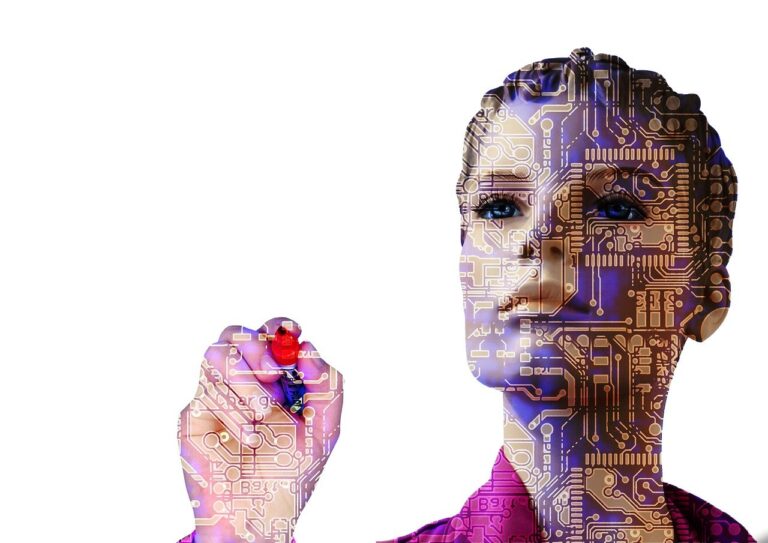This is an article written by the Intellectual Property and Privacy Area, with an educational focus.

The increasingly deep integration of artificial intelligence (AI) into various aspects of contemporary society has generated a new set of challenges in the field of intellectual property – IP. As AI becomes a tool in the creation, generation and analysis of creative works, there is a need to critically examine how intellectual property rights over the application of AI are addressed.
In a dynamic context, between artificial intelligence and intellectual property, the challenges and legal implications are also directed at the ethical considerations that arise in relation to the creation of AI, for its protection and justification in legislation such as the Ecuadorian one where the regulations do not regulate aspects related to artificial intelligence or the exploitation of intellectual assets generated by these systems.
Firstly, a debate is generated around the ownership and authorship of works created with AI guided by humans, since one of the main questions lies in determining whether works generated by AI algorithms can be subject to protection under copyright laws. existing intellectual property, and if so, who should hold the copyright or patents.
In the field of copyright, the question arises as to whether works generated by AI can be considered as a product of human creativity, a fundamental requirement for the protection of copyright, which the Code of Ingenuities itself establishes as a requirement to protect it in its article 108 on Rights Holders, which establishes that only a natural person can be an author and legal entities can be owners of economic rights over a work, given that these entities do not have a recognizable legal identity. In this sense, some argue in favor of attributing copyright ownership to the developers or owners of AI systems, while others advocate the creation of a new legal framework that recognizes collective authorship or state ownership of these works.
Regarding patents, the question of inventiveness and the role of human creativity in the innovation process also becomes a central issue. Although AI systems can generate innovative solutions and solve problems efficiently, doubts still remain about whether these contributions meet the patentability requirements, precisely the same Code of Ingenuities in its article 275 of the patent holder , establishes that the The power to acquire the right through a patent belongs to the inventor , and that the owners of the patents may be natural or legal persons.
In conclusion, artificial intelligence and intellectual property pose a series of complex challenges not only at the state level but also at the international level, since this approach must be balanced and regulated by legislation. While AI offers significant opportunities for creation and innovation, it also raises important questions around authorship attribution, intellectual property rights protection, and ethical responsibility. In this context, it is essential that legal and regulatory frameworks evolve to effectively address technological changes and protect the interests of creators, innovators and users in the era of artificial intelligence.

